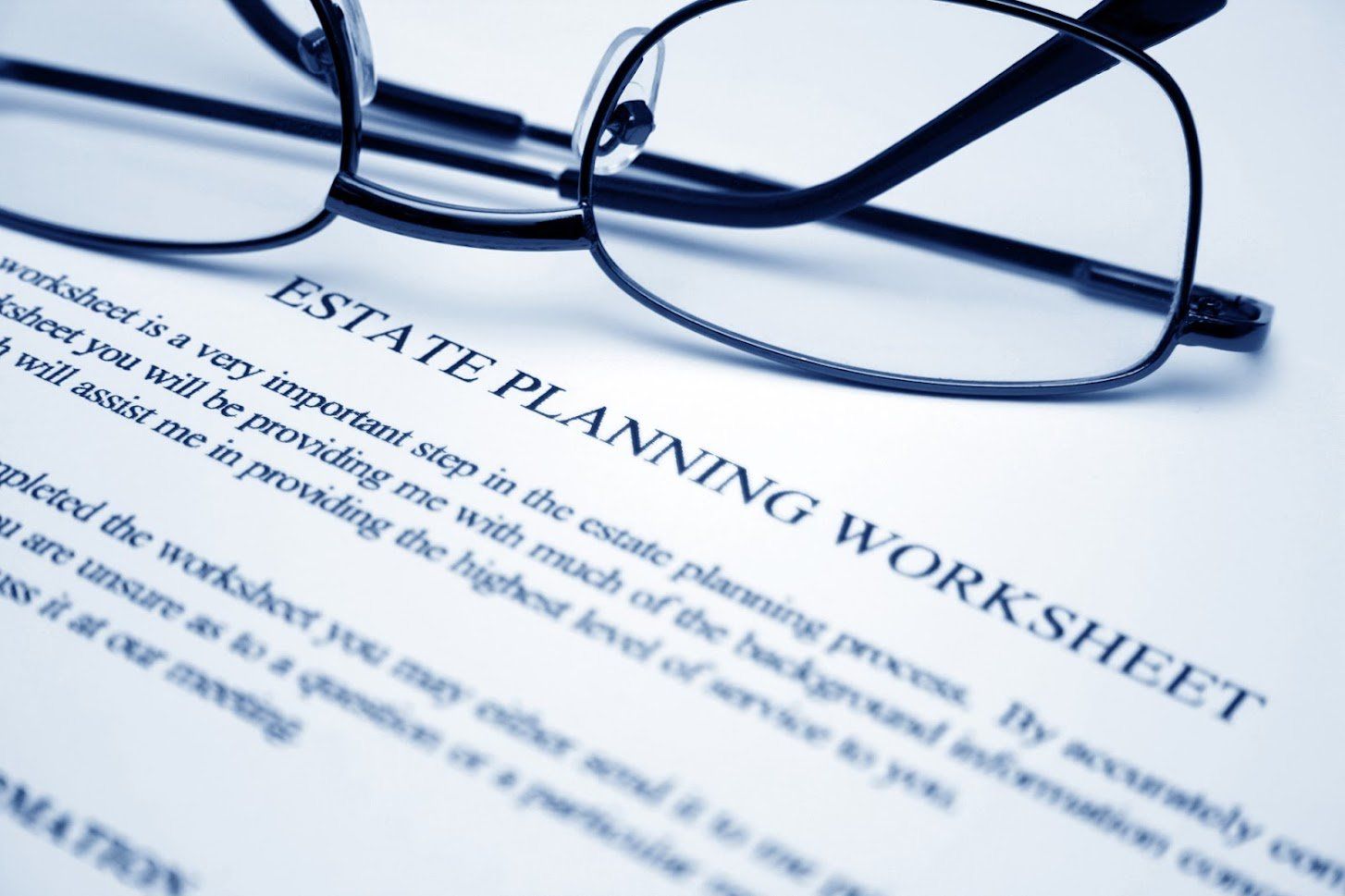3 Estate Planning Mistakes to Avoid: How Can They Affect You?
Not many people like to think about death, especially their own. But a plan for after your death is crucial, not just for yourself but your loved ones as well.
Unfortunately, many people make mistakes during the estate planning stage. These mistakes can lead to big problems down the road. Discover three of the most common estate planning mistakes to avoid.
1. Failure to Update Your Estate Plan
Your estate plan is not the kind of document you finish and forget about. As your life changes, your estate plan should change as well. If you get married, have children, or experience any other major life event, you need to update your estate plan.
If you don't, your estate plan could become the opposite of what you want your plan to accomplish. For example, if you get a divorce but don't update your estate plan, your ex-spouse could still inherit your estate.
Your estate plan's update process is not as difficult or time-consuming as you might think. You can make simple changes that may require you to add or remove a beneficiary. All you need is to fill out a form and send the document to your estate planning lawyer.
To make more significant changes, like when you want to redistribute your assets, you might need to draft a new will or revoke your old one. Speak to your lawyer to find out the best way to make changes to your estate plan.
2. Failure to Name an Alternate Executor or Estate Trustee
Your executor or estate trustee is the person who will carry out your estate plan. But what happens if that person can't do what you need them to do?
For example, what if your executor dies before you do or is unable to serve for some other reason? If you don't name an alternate executor or estate trustee, the court will have to appoint someone to take on that role. The appointed person might not be who you would have chosen. And they could make decisions you're not happy with.
To avoid this problem, make sure to name one or more alternate executors or estate trustees in your estate plan. That way, if something happens to the person you originally chose, someone else is in place to take over.
3. Failure to Plan for Incapacity
Most people think estate planning is only about what happens after you die. But you also have to think also about what happens if you become incapacitated and can't make decisions for yourself.
For example, if you're in a coma or have dementia, you won't be able to make decisions about your medical care or finances. Without a plan, your family will have to go to court and get permission to make decisions on your behalf. The process can be costly, time-consuming, and stressful.
There's also a chance for disagreements among family members about what's best for you. To avoid all these hiccups, make sure to include a plan for incapacity in your estate plan.
There are a few different ways to do this. The most common is to name someone as your power of attorney. This person will have the legal authority to make decisions on your behalf if you're incapacitated.
You can also include instructions about your medical care in a document called a living will. This plan can be especially helpful if you have strong feelings about end-of-life care.
Don't let these three estate planning mistakes jeopardize all your hard work. If you can avoid these common mistakes, you ensure that your estate plan works as you'd like. Contact us at Shepherd Law Firm if you have any questions or need help getting started.
ATTORNEY AND COUNSELOR AT LAW SINCE 2007
Contact Information
Phone: 843-900-3575
Email: info@sheplawfirm.com
Address: 204 Brighton Park Blvd, Suite B, Summerville, SC 29486

















